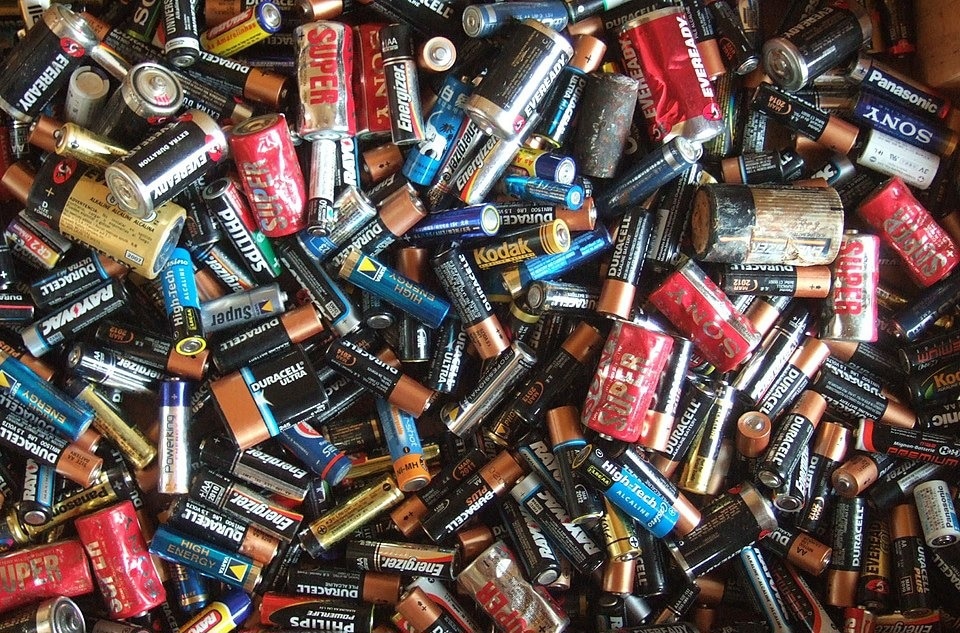WPI researchers have developed a safer, scalable lithium-metal battery recycling method and a simplified solid-state battery design, tackling two of the most significant challenges in battery tech.
 Image Credit: John Seb Barber/Wikimedia Commons
Image Credit: John Seb Barber/Wikimedia Commons
A team from Worcester Polytechnic Institute (WPI), led by Professor Yan Wang, has published two significant studies to address critical challenges in lithium battery development. Their findings, published in Joule and Materials Today, focus on improving the recyclability of lithium-metal batteries and advancing the design of all-solid-state lithium batteries.
Safe and Scalable Lithium-Metal Battery Recycling
In the Joule study, Wang’s team presents its safe, scalable, and cost-effective method for recycling highly reactive lithium-metal anodes. Using a “self-driven” aldol condensation reaction in commercial acetone, the researchers successfully converted spent lithium-metal anodes into lithium carbonate (Li2CO3) with 99.79 % purity, exceeding industry standards for battery-grade material.
The recovered lithium carbonate was then used to synthesize new cathode materials, which exhibited electrochemical performance on par with their commercial counterparts, demonstrating practical feasibility of the recycled material. This validates the practical potential of the method for reintegration into battery manufacturing.
This method is an effective solution to one of the most pressing challenges in the battery industry. By turning a safety liability into a driving force for recovery, we’ve created a process that is both practical for industry adoption and critical for building a more sustainable energy future.
Yan Wang, Professor and Study Lead, Worcester Polytechnic Institute (WPI)
Advancing Solid-State Battery Design
The second study addresses another key challenge for next-generation batteries: the poor compatibility of halide-based solid-state electrolytes with lithium-metal anodes. Conventional approaches rely on protective interlayers, which increase both cost and complexity.
To address this, the WPI team introduced iron doping into lithium-indium chloride, creating a material that can establish direct and stable contact with lithium-indium anodes without a protective layer.
In tests, they found the new material retained high ionic conductivity and demonstrated long-term performance. Full cells completed over 300 cycles with an 80 % capacity retention, while symmetric cells operated for over 500 hours, the first such demonstration in the field.
This work establishes iron doping as an effective strategy to simplify solid-state battery design while enhancing stability and performance. Together with our recycling research, these findings represent important steps toward a future where high-performance lithium batteries are not only more powerful but also safer and more sustainable.
Yan Wang, Professor and Study Lead, Worcester Polytechnic Institute (WPI)
The research contributes to studies that aim to advance the technology needed for the next era of electric vehicles, portable electronics, and renewable energy storage by tackling the entire battery life cycle, from safer designs to scalable recycling.
Journal References:
Zhou, H., et al. (2025). Self-driven aldol condensation enabling high-purity Li2CO3 recovery from spent lithium metal anodes. Joule. doi.org/10.1016/j.joule.2025.102136
Wang, Y., et al. (2025.) In-situ formation of stable interface towards Li-in anode for halide solid-state electrolyte. Materials Today. doi.org/10.1016/j.mattod.2025.08.038